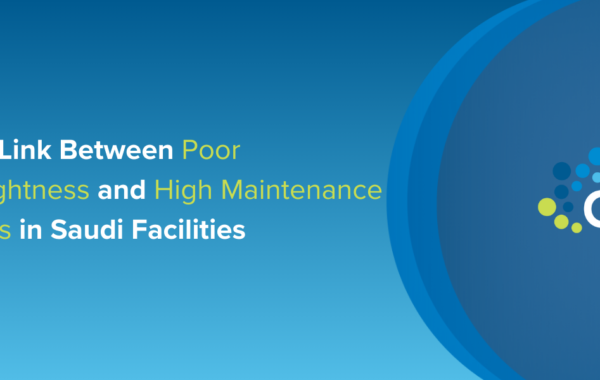
Why Air Tightness Testing is Critical in Saudi Arabia’s Climate
The Hidden Energy Leak in Saudi Buildings
In Saudi Arabia, where summer temperatures can soar above 45°C, air conditioning is not a luxury it’s a necessity. But even the most efficient HVAC system struggles if a building is full of tiny, unseen air leaks. These gaps allow cooled air to escape and hot outdoor air to enter, making cooling systems work harder and driving up electricity bills.
Air tightness testing helps identify and fix these hidden leaks before they drain your budget and comfort.
What Is Air Tightness Testing?
Air tightness testing measures how much air leaks in or out of a building. Using specialized equipment like blower doors and pressure sensors, experts pressurize the building and track where air escapes. This reveals problem areas in walls, windows, doors, and ductwork that need sealing.
Why It’s So Important in Saudi Arabia
1. Extreme Climate Challenges
High outdoor temperatures mean any air leakage results in massive cooling losses. The hotter it gets outside, the faster you lose cooled air.
2. High Energy Costs
Cooling can account for up to 70% of electricity use in Saudi buildings. Reducing air leakage can cut energy bills by 15–30%.
3. Comfort and Health
Air leaks cause uneven temperatures, drafts, and allow dust, sand, and allergens to enter — especially during sandstorms.
4. Environmental Goals
Saudi Arabia’s Vision 2030 aims to lower CO₂ emissions. Air tightness testing supports these goals by reducing energy waste.
How Air Tightness Testing Works
- Preparation – All doors and windows are closed, and vents are sealed.
- Blower Door Test – A large fan is placed in an exterior doorway to create pressure.
- Leak Detection – Specialized tools locate where air is escaping.
- Reporting – Results show the air leakage rate and recommend sealing solutions.
Benefits for Property Owners
- Lower energy bills year-round.
- Improved comfort and indoor air quality.
- Compliance with building codes and sustainability targets.
- Increased property value due to better efficiency.
Taking Action
Whether you own a villa in Riyadh, an office in Jeddah, or a hotel in Dammam, air tightness testing can pay for itself quickly through energy savings and improved comfort. Partnering with a certified testing and sealing service ensures lasting results.
Frequently Asked Questions
- How often should I perform an air tightness test?
For new buildings, test before handover. For existing ones, every 3–5 years is ideal or after major renovations. - Is the process disruptive?
No. Testing takes a few hours and doesn’t require major construction work. - Can it be done in hot weather?
Yes. Testing is effective year-round, even during peak summer. - Does it help with dust and sand control?
Yes. Sealing leaks reduces the entry of dust and sand during storms. - How much can I save on cooling costs?
Savings vary but often reach 15–30% after sealing detected leaks.



